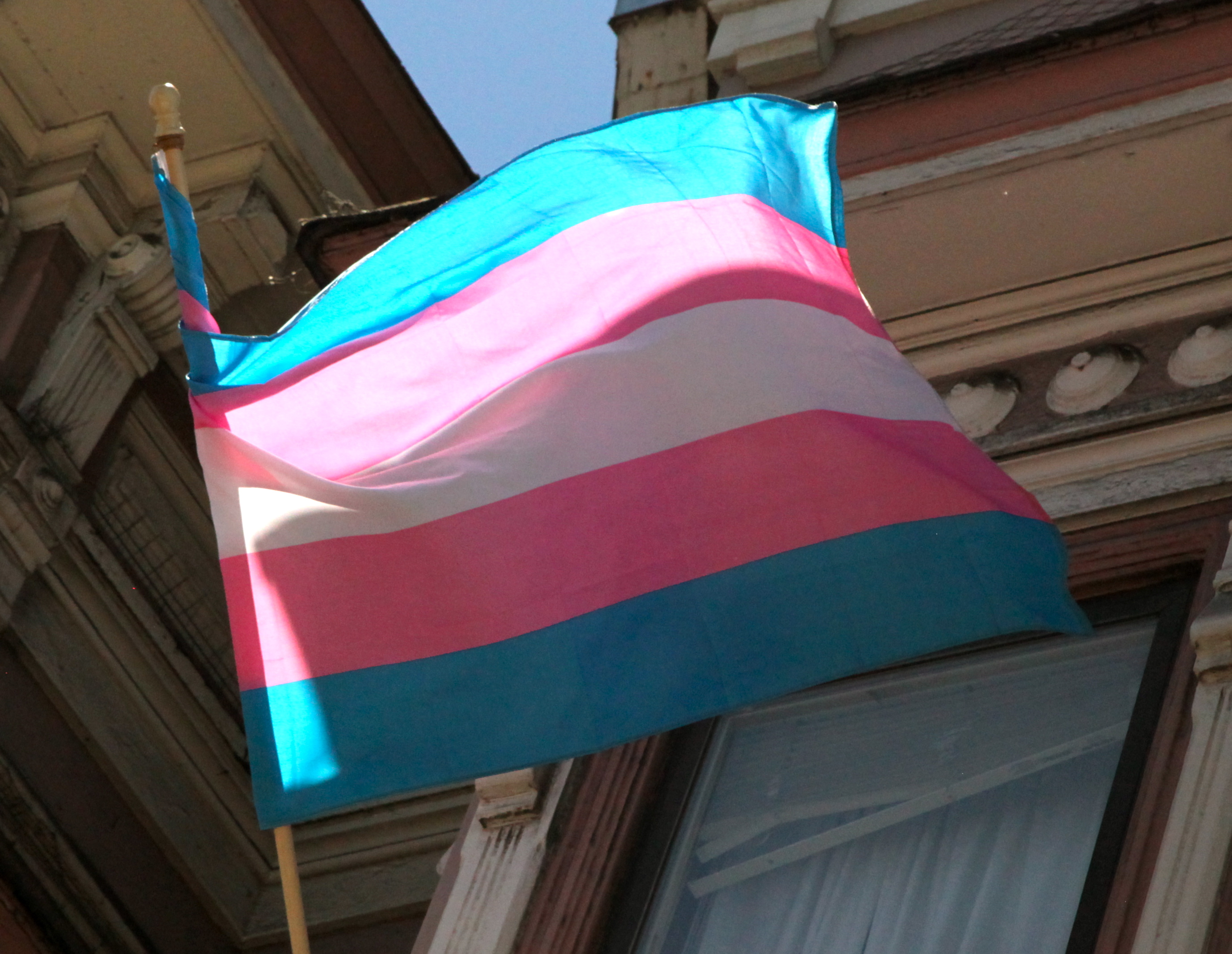The University of Sussex takes pride in its recent position as the 8th most sustainable in the UK, alongside its vision to become one of the most sustainable universities in the world. While its strategy focuses primarily on decarbonisation and environmental impact, Sussex ensures the inclusion of a ‘socially responsible investment policy’ that promotes human rights and an end to international conflict. Ironically, Sussex places trust in external investment managers who are left at their discretion to select individual stocks, many of which are investments in harmful industries.
Once students complete their student finance plans, little information is given in return as to where this money is spent. Roughly 60% of the £380 million received last year came directly from fees we pay for higher education. It seems unusual that more of this money is spent on future investments than that on student wellbeing and widening access schemes. Keeping in mind the sustainable promises of our university, let’s take a closer look at where student money ends up.
FOI requests from the Palestine Solidarity Campaign and student network People and Planet have named and shamed some of the industries Sussex invests in. This includes £200,000 in Puma and £100,000 in Siemens, companies both known to operate within settler colonial projects on stolen Palestinian land. Meanwhile, investments of £659,000 in Apple and £829,000 in Microsoft represent a technology industry that depends on child labour and genocide in the DRC to source its materials. While these examples demonstrate complicity in supporting genocide and dispossession, dissecting larger investments exposes a much deeper issue.
Higher-value investments that reside in multinational banks and investment management companies provide financial assistance to global military campaigns. For example, Sussex invested more than £60 million in Barclays and £20 million in investment manager BlackRock. Collectively, these companies support BAE Systems, Boeing, Caterpillar, General Dynamics and Elbit Systems (to name a few). In other words, they profit from the production of arms, cybersecurity, drones, helicopters, missiles, demolition, border constructions and surveillance used to erase oppressed people across the globe. Unfortunately, Sussex’s ties with genocide don’t finish there. At first glance, shares in multi-billionaire companies such as Halma, a British safety equipment company, seem unrelated to such practices and concordant with the investment policy. However, it doesn’t take long to connect their origins as a colonial rubber estate in Sri Lanka with their accumulation of wealth today.
It’s clear that the money we pay each year is not invested in the suggested sustainable utopia. Instead, the same system we place ourselves in for education uses the wealth we borrow for Sussex to preserve the very system we protest. It’s also important to note that the boycott and divestment of selected companies is insufficient when the very economic institutions our society depends on to function continue to accumulate wealth through the exploitation of land, labour and resources.
The Dell library computers (I use to write this piece) are also linked to genocide in the DRC. Similarly, campus services such as Costa, owned by Coca Cola, continue to operate on stolen Palestinian land while donating supplies to the Israeli military as part of their 57-year support of the apartheid state. Let’s not forget that the university itself was founded via royal charter, a grant provided through wealth stolen by the British Empire. Furthermore, the performative push to decolonise seems insignificant in the face of economic aid for neocolonialism. Investments by Sussex do highlight one form of sustainability; the ability to sustain genocide through the greenwashing of imperialism. We cannot focus on policies of climate justice when our university has not been held accountable for complicity in genocide and social injustice.



